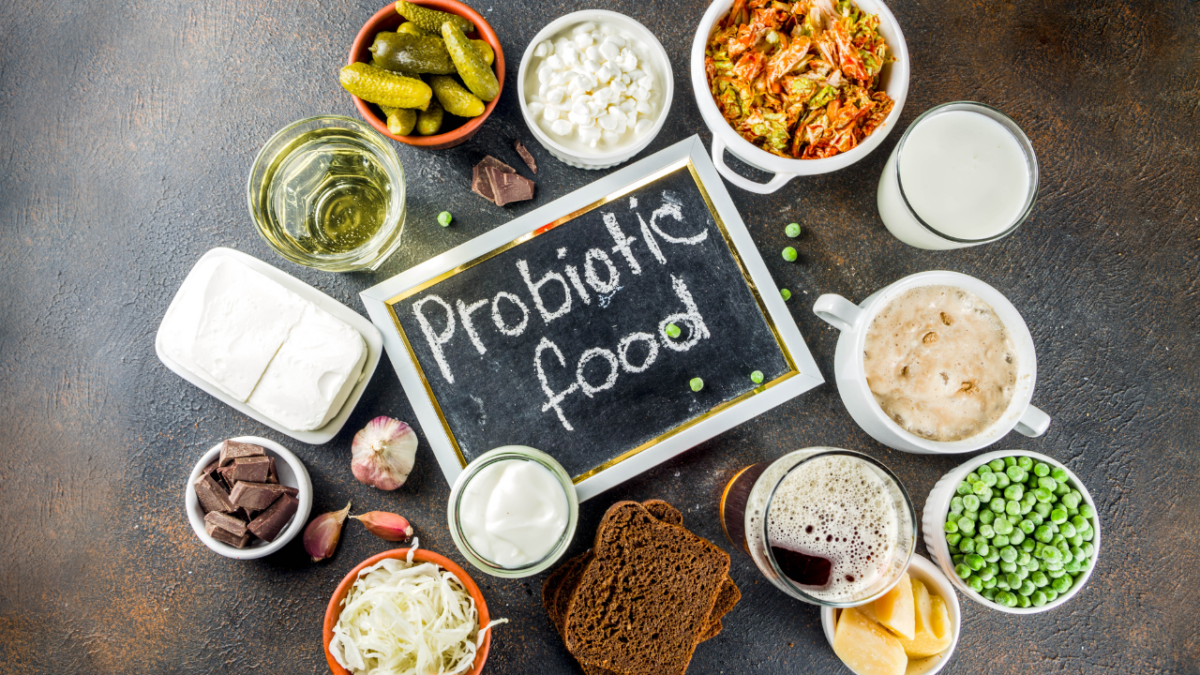Why Menopausal Women Should Think Twice About Fasting
After a season of holiday feasting, it’s tempting to jump into drastic weight-loss measures or fasting to reset. But for menopausal women, hitting the pause button on meals might not be the best idea. Sure, fasting is trendy, praised for its supposed superpowers like weight loss and mental clarity. But menopause already comes with its own set of hormonal shake-ups that affect metabolism, bone health, and overall well-being. Adding fasting to the mix could do more harm than good. Let’s dig into why this approach may not work for menopausal women and explore smarter, healthier ways to thrive.
Hormones in the Hot Seat
Estrogen’s New Role
Menopause comes with plummeting estrogen levels, which can mess with how your body regulates appetite and weight. Add fasting into the picture, and you might find yourself battling more hot flashes, mood swings, and restless nights.
Metabolism on Slow Mode
Aging already nudges your metabolism into a slower gear, and fasting could make things worse. When you go too long without eating, your body might cling to calories like a squirrel hoarding nuts—making weight loss feel impossible.
Bone and Muscle: A Balancing Act
Bone Health Risks
With less estrogen in your system, your bones become more fragile. Skipping meals can mean missing out on calcium, vitamin D, and other nutrients crucial for bone strength—upping the risk for osteoporosis and fractures.
Muscle Matters
Muscle loss (aka sarcopenia) is another sneaky part of aging. Muscles keep your metabolism humming and your bones strong, so fasting—especially without enough protein—could speed up this decline.
Blood Sugar and Heart Health Woes
Blood Sugar Roller Coaster
Menopause can make your body less efficient at managing blood sugar. Toss in fasting, and your glucose levels might yo-yo, potentially raising your risk of type 2 diabetes.
A Heart in Transition
With declining estrogen, heart health becomes a priority. Balanced meals help stabilize cholesterol and blood pressure, while fasting may do the opposite by depriving your heart of essential nutrients.
Stress and Emotional Well-Being
Cortisol Chaos
Fasting can spike cortisol—the stress hormone—which is already on overdrive for many menopausal women. The result? More anxiety, disrupted sleep, and stubborn belly fat.
Mood Swings, Amplified
Menopause is already an emotional ride, and fasting might make it bumpier. Low energy and mental fatigue can turn mood swings into a full-blown rollercoaster.
What Your Body Really Needs
Power-Packed Nutrients
Menopausal women have unique nutritional needs, including:
- Calcium and Vitamin D for strong bones.
- Iron and B vitamins for energy and brain health.
- Antioxidants to fight aging-related stress.
The Downside of Deficiencies
Fasting can limit the variety of foods you eat, making it harder to get all these nutrients. That can worsen symptoms and put you at risk for bigger health issues.
Smarter Choices for Menopause Wellness
Balanced Meals Are Key
Instead of fasting, focus on whole, nutrient-dense foods like fruits, veggies, whole grains, lean proteins, and healthy fats. Eating at regular intervals helps keep your metabolism steady and energy levels high. Get printable menopause-friendly recipes here
Mindful Eating > Fasting
Listen to your body—eat when you’re hungry, stop when you’re full. This simple habit can help manage your weight without extreme measures. You can download our Free 7-Day Menopause-Friendly Meal Plan + Shopping List.
Move That Body
Strength training preserves muscle and boosts bone health, while cardio (think walking or swimming) supports your heart and helps manage weight. Download our FREE 7-Day Workout Planner to easily plan and track your workout routine.
Stress Less
Meditation, yoga, or even just deep breathing can help you unwind. Prioritizing good sleep is a must—it works wonders for hormone balance and overall health. Discover How to Embrace Inner Peace and Balance Through Your Perimenopause Journey with Our Expert-Designed Guide here
Get Professional Advice
Before trying fasting—or any big diet change—talk to your doctor. They can guide you toward a plan tailored to your unique needs and health goals. You can find Menopause Practitioners in your area here
The Bottom Line
Fasting might sound like a quick fix, but for menopausal women, it often creates more problems than it solves. A nutrient-rich diet, regular exercise, and stress management are far better allies for managing menopause symptoms and staying healthy long-term. And don’t forget—your doctor is your best resource for personalized advice.


